Darren Williams, a teacher at McLain High School of Science and Technology in Tulsa, Oklahoma, pointed a wooden ruler at one of four questions in red on the dry-erase board in his classroom. “Question number three, somebody read it,” he said.
“What is the Schomburg Center for Research in Black Culture?” a male student replied with eagerness.
Another student, speaking above the chatter, looked at her cell phone and read a lengthy entry about the center. “So what’s the short answer,” a student asked. “It’s the largest collection of African and African American artifacts in the world,” Williams answered.
Williams is one of two teachers at the school teaching the Advanced Placement course in African American Studies that is being piloted by the College Board at 60 schools in 33 states across the country.
The course has been at the center of a national debate about teaching issues of race in public schools, with multiple states including Virginia, Arkansas, North Dakota and Mississippi saying they would review the curriculum to see if the course violates states’ policies.
The increased scrutiny came after Florida Gov. Ron DeSantis rejected an early draft of the course because it included lessons on reparations, Black queer studies, and the Movement for Black Lives.
The College Board has since released the course’s official framework listing some of the controversial subjects as options for a required research project. On Monday, the College Board announced that it was making changes to that framework without specifying what it was changing, but said details would be determined in the coming months.
“We are committed to providing an unflinching encounter with the facts and evidence of African American history and culture. To achieve that commitment, we must listen to the diversity of voices within the field,” the board said Monday in a statement.
The official course, which differs from the one being piloted in Tulsa and other schools, will launch widely in the fall of 2024.
Forty-five students are currently enrolled in the class at McLain, which Williams says covers a range of topics including the resistance and rebellion of African Americans, the lynching of Black people, slave breeding farms, prominent figures in Black history, and the Afro-Latino movement.
Ezekiel Goff, a student, says he’s learning a lot about Black history, notably, about political figures and lynchings.
“It’s important because some people speak about things they don’t know, but this curriculum brings a lot of knowledge,” Goff said.
McLain was chosen in part because it’s located in a city where the lessons of Black history were long hidden. Principal Renee Rabovsky says Tulsa is a historically Black community and students deserve to know their history.
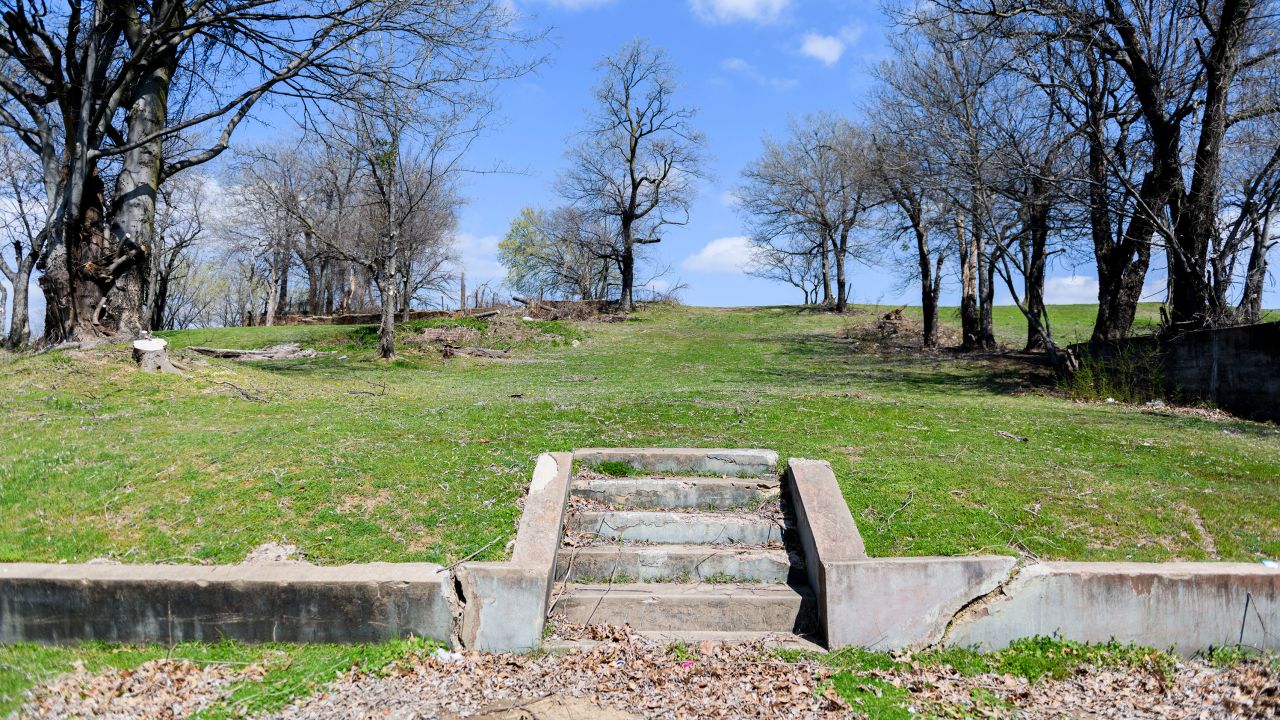
The school, which is 50% Black and 35% Latino, is just five miles from Tulsa’s Greenwood District, or Black Wall Street, a once-thriving neighborhood with Black-owned businesses and homes that was decimated by a racist White mob in the 1921 Tulsa Race Massacre, a deadly attack that generations of Oklahoma residents never heard about.
Today, the neighborhood is only a fraction of what it once was, stretching less than two blocks with a Black-owned restaurant, a coffee shop, a barbershop, and a few other businesses.
‘Those who reject it don’t understand it’
Williams says American history has been largely “romanticized,” and the AP course in African American Studies offers students a broader and more complete view of that history.
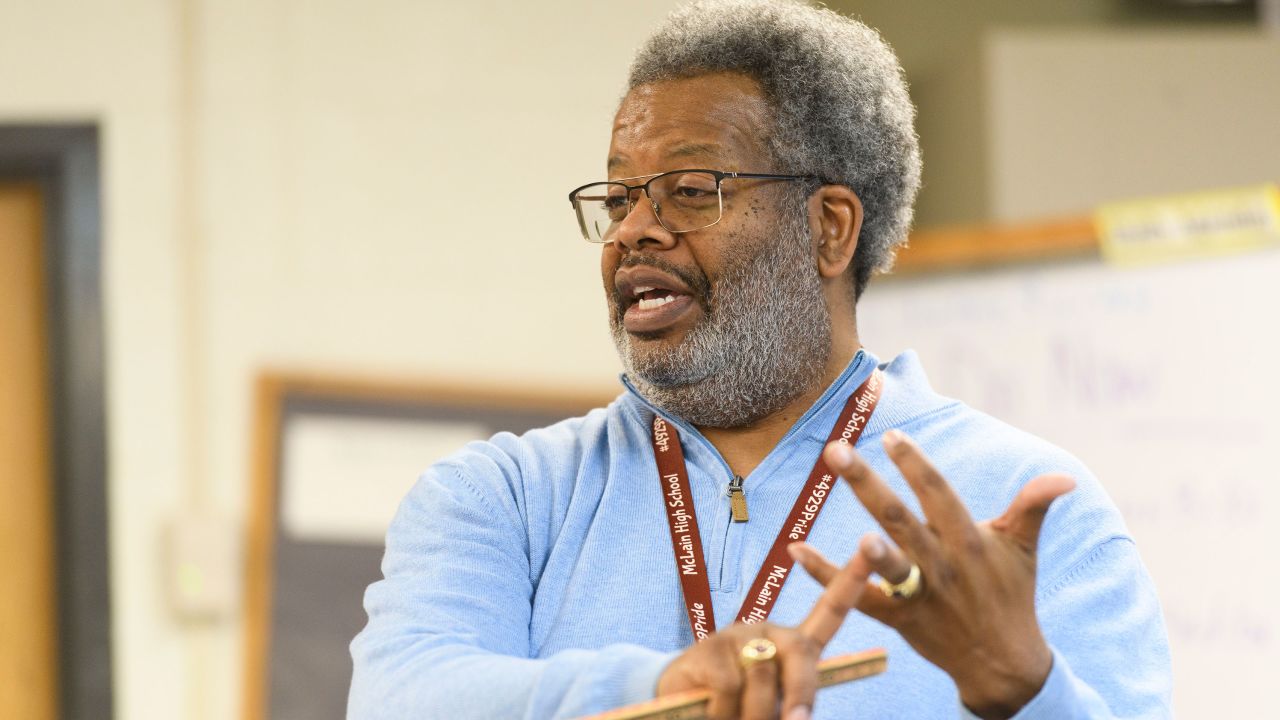
“African American history is world history, it’s American history and it has been excluded, written out, and left out,” Williams told CNN. “For this (course) to come at this AP level is a long time coming and it’s about time that it happened.”
He calls the course a form of “educational justice,” which comes as some Republican lawmakers across the country work to limit what educators can teach about race and Black history.
In 2021, for example, Oklahoma passed a law restricting the teaching of race in public schools. Last year, Oklahoma Republican Gov. Kevin Stitt called for a review of Tulsa Public Schools, citing concerns the district may have violated a law banning “public schools from teaching critical race theory.”
And Virginia Gov. Youngkin said during a CNN town hall in March that he ordered a review of the pilot course in African American Studies “to make sure that there aren’t inherently divisive concepts that are used in the teaching of this AP course.”
Some critics claim that teaching the history of racism in the US harms White children by making them feel guilty. DeSantis called the course “indoctrination” and said an “agenda” was being imposed on students.
Students and faculty at McLain say DeSantis’ beliefs are far from the truth. “Those who reject it don’t understand it,” Williams said.
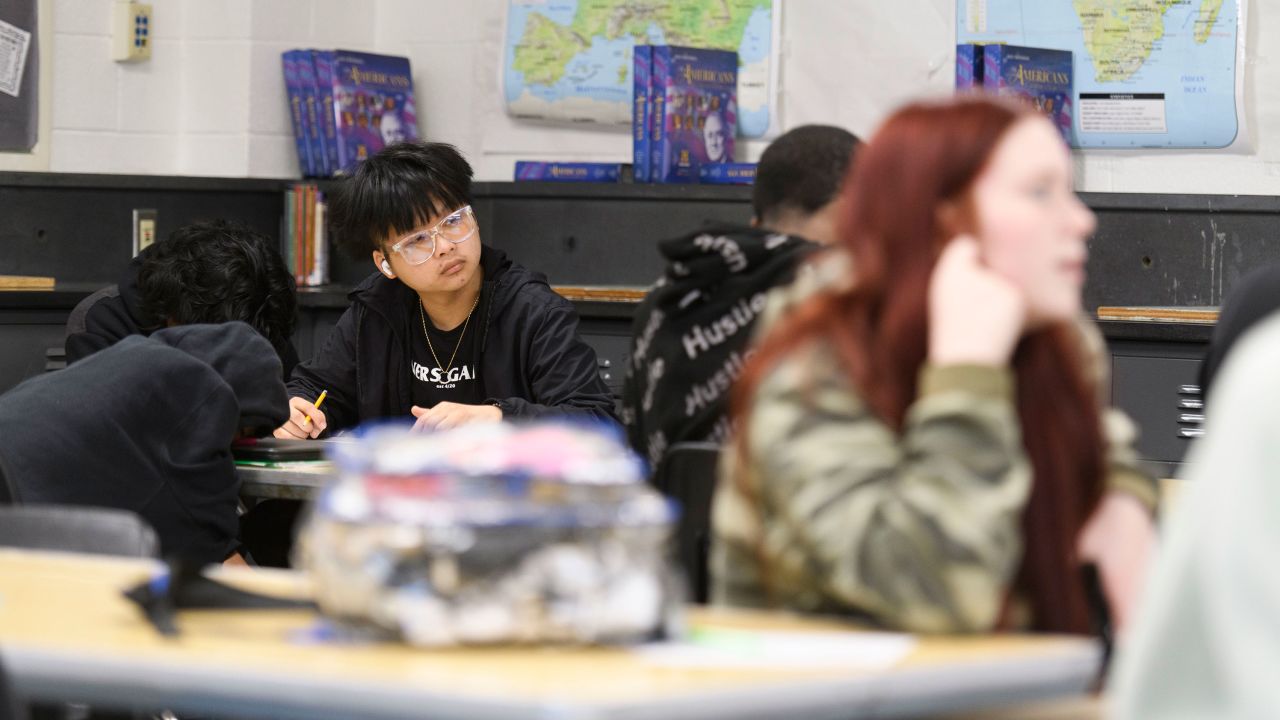
The College Board has defended the course saying in an emailed statement to CNN in March that it “provides students with a strong foundation of facts and evidence about African American history and culture.” In a separate statement in February, the College Board said criticism surrounding the course had “moved from healthy debate to misinformation.”
Despite the national outcry, Rabovsky says the AP course in African American Studies gives students a chance to learn critical thinking skills, and writing skills and that it prepares them for college, and that she views the political battle as “noise.”
“If we don’t talk about that history then we are just pretending it never happened,” Rabovsky said. “Being a culturally responsive educator, in general, is having discussions that are really hard. And we have to have those discussions often … when there are protests happening, when there are walkouts happening, when there is police brutality.”
Students say the course brings history to life
Down the hall from Williams’ class, Shekinah Hall’s AP African American Studies students were giving presentations on notable figures in Black history including Zora Neale Hurston, a famous writer, and Arturo Alfonso Schomburg, a renowned historian.
Hall said she believes the course is unique because it focuses on more than just the pain and suffering that African Americans have experienced, but also on resistance, joy, and arts in Black history. It teaches students that slaves led the fight for their own freedom, Hall said.
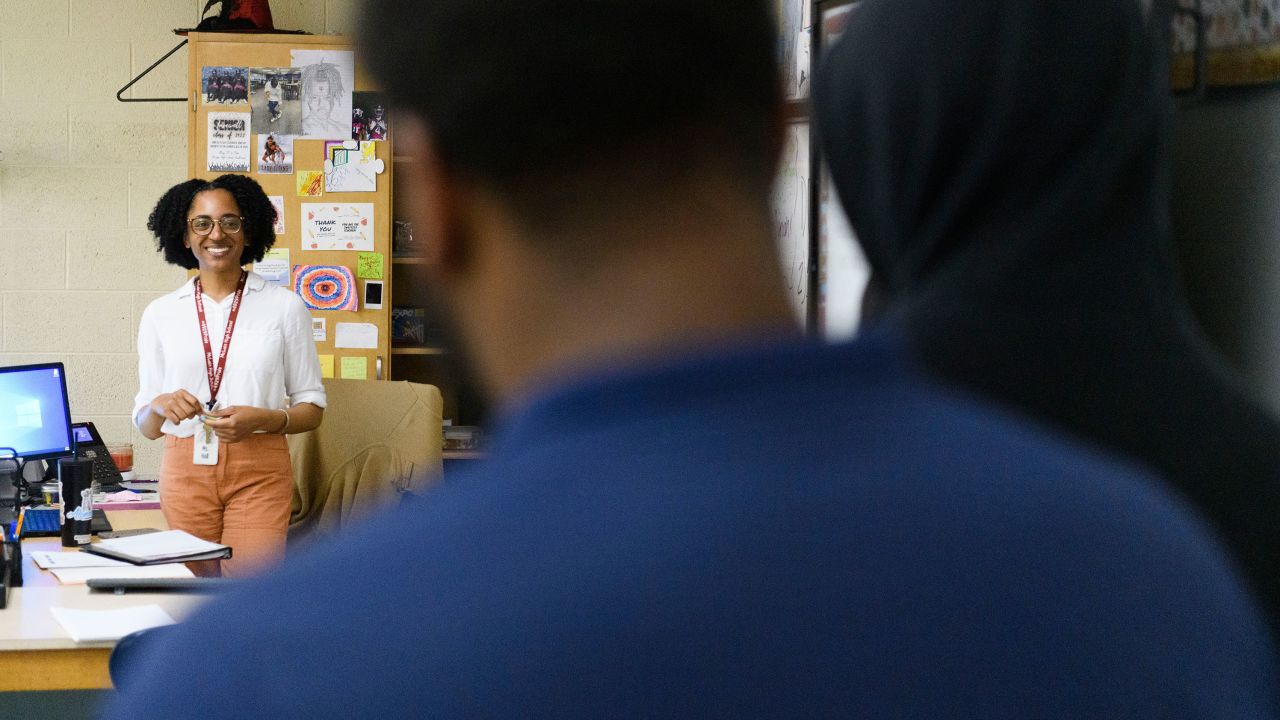
She dismissed lawmakers’ claim that the course is indoctrinating students, saying instead that it provides the facts and that students can then form their own opinions. It also helps students connect history with the movements that are happening today, she says.
“I don’t want students to feel guilty about it because they weren’t there,” Hall said. “But what can we learn from it? And I think that’s for any student no matter what race, creed, or ethnicity they are. We have to know what’s happening so we can do something better in the future.”
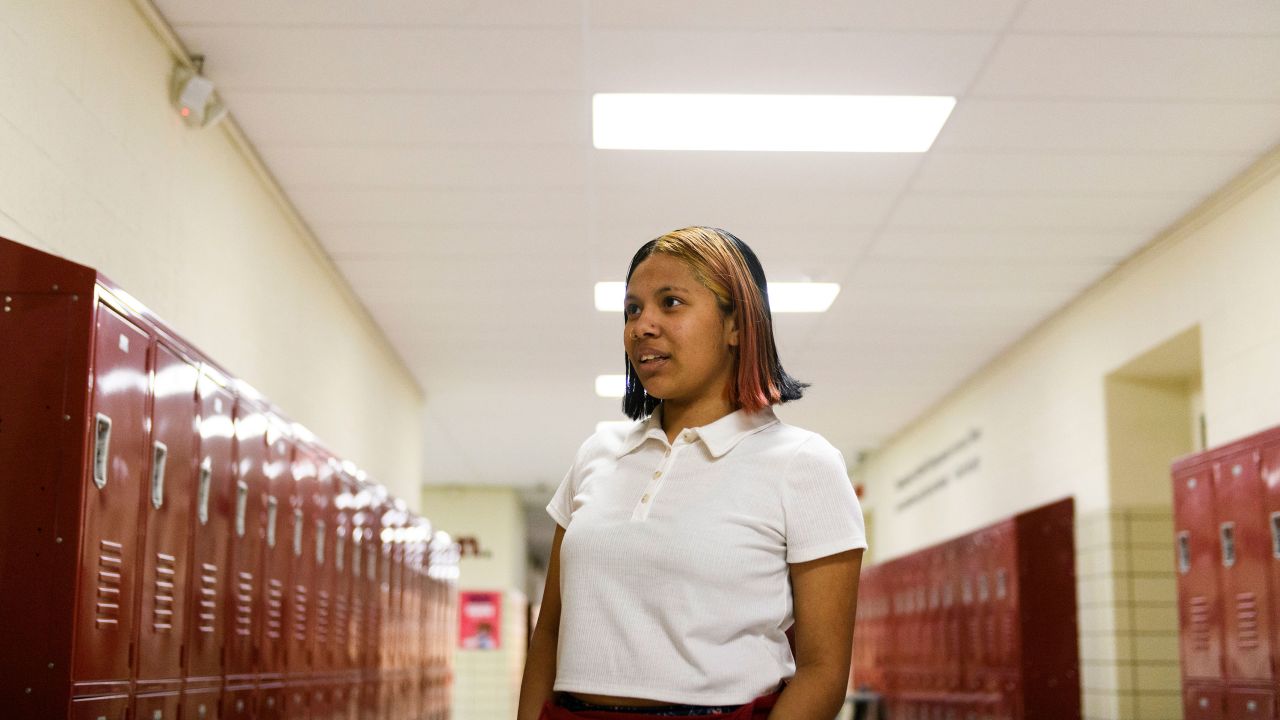
Yalitza Hernandez, a 10th grader, said she feels the history she has learned in previous classes has been “whitewashed.” Hernandez said she particularly enjoyed the lesson on Afro-Caribbean history because that is part of her own ethnicity.
“We should be learning these things because it’s beneficial for us,” Hernandez said. “It’s teaching us the actual history behind (African American) people.”
Shilan Her, an 11th grader, said he didn’t know much about the Tulsa Race Massacre until taking the course.
“I think it’s pretty interesting,” Her said of the course. “It’s a lot of new information for me. All of this, I never knew about.”
CNN’s Ed Lavandera and Ashley Killough contributed.
"course" - Google News
April 26, 2023 at 09:26PM
https://ift.tt/KLvAeas
AP course in African American Studies brings Black history to life for these Tulsa students - CNN
"course" - Google News
https://ift.tt/D3v8oZJ
https://ift.tt/WePuslN
Bagikan Berita Ini
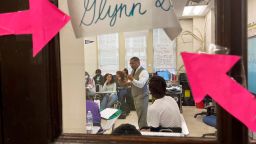














0 Response to "AP course in African American Studies brings Black history to life for these Tulsa students - CNN"
Post a Comment